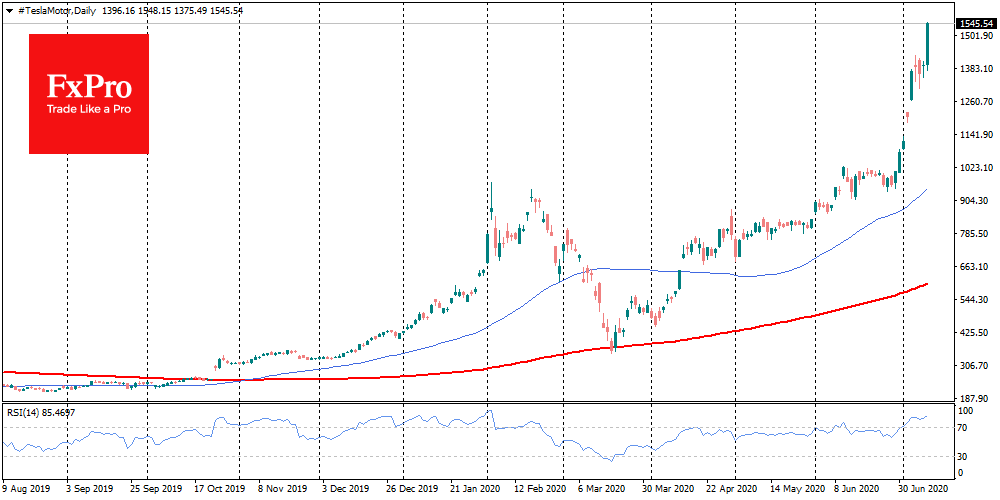Stock markets remain in the phase of the economic cycle, where the main driver is interest in “growth stories”. The total capitalization of FANGMAN stocks (Facebook, Amazon, Netflix, Google, Microsoft, Apple, Nvidia) exceeds $7.1 trillion. The capitalization of Tesla exceeds $285 billion, and the fortune of its founder, Elon Musk – $70.5 billion, making him the 7th richest man on the planet. These are all companies that are of interest to investors in times of rapid economic growth, and their particularly sharp growth often occurs at the end of this macrocycle phase.

The foreign exchange market is much more restrained. The leaders of growth against the dollar since the beginning of the year are Swiss franc, Swedish krone, and Japanese yen. However, their increase is not even 3%. There is a much longer list of those currencies that have been seriously affected since the beginning of the year. Among them the Brazilian real (-25%), South African rand (-16.5%), and Mexican peso (-15.6%).
For the most part, the current picture of the currency market correlates with the situation around the coronavirus. Countries that were not included in the hot spot lists, as well as those that managed to provide an organized exit from quarantine, enjoy interest from buyers.
However, the franc, yen, and euro may well strengthen against the dollar if the situation with COVID-19 in the U.S. remains alarming. In this case, the Fed and the U.S. government will continue to pump the economy with dollars, which will reduce their value.
In fact, at the expense of such a policy, the U.S. artificially creates a model of economic boom, when money is cheaper compared to the prospects of economic growth. Dollars printed by the Fed and distributed by the U.S. government are used to buy stocks, among which a number of high-profile names are chosen.
It should also be noted that the interest in stocks is accompanied by the strengthening of gold. Seemingly in an attempt to insure against the declining dollar value. Gold and a number of other similar instruments can not meet the demand of all those who want to save capital from the loss of purchasing power of the dollar.
This boom in the American high-tech market also has a secondary effect that is positive for Americans: products and services are becoming more competitive in the world market due to the weakness of the dollar, but companies have more and more capital to expand. This means that if the U.S. currency weakens, U.S. policymakers won’t worry about it for a long time, opening the door for potential depreciation not only against the franc and yen but also against the euro and several other currencies. As for the stock market, the current division is likely to remain in place. Some companies make an adequate assessment of markets based on prospects and multipliers, whereas the capitalization of others is getting higher and higher because of the extremely favorable attitude towards them from investors.
The FxPro Analyst Team